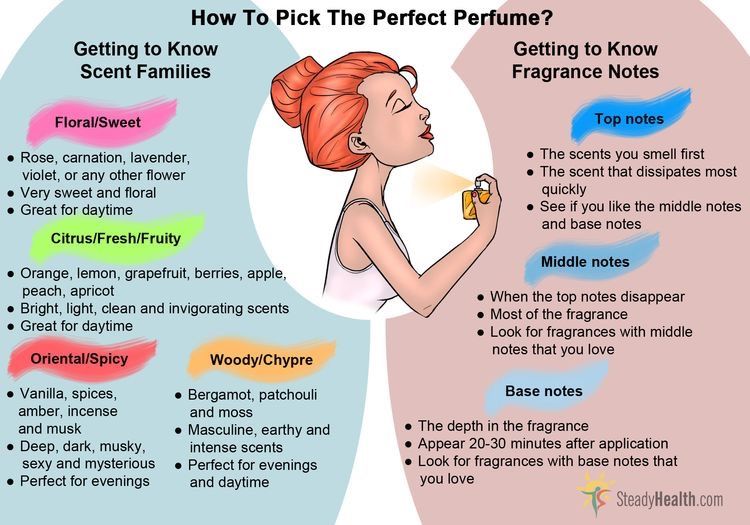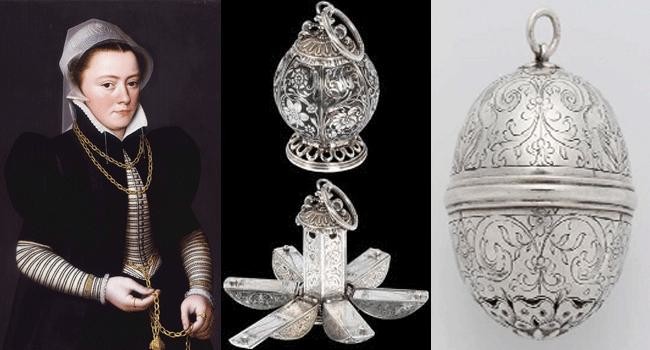Perfumes Facts:
Some interesting Perfume facts; Perfume also known as fragrance, is a mixture of aromatic compounds, essential oils, solvents, and fixatives used to give a pleasant scent to the body, objects, or living spaces. It has been used for thousands of years for various purposes, including religious ceremonies, personal grooming, and as a form of cultural expression.
Fragrance Notes:

Perfumes facts are typically composed of three sets of notes, which unfold over time:
- Top Notes: These are the initial scents that are perceived upon application. They are light and evaporate quickly. Common top notes include citrus, fruity, and herbal scents.
- Middle Notes (Heart Notes): These emerge after the top notes and form the main body of the fragrance. They provide the character of the perfume and are often floral or spicy in nature.
- Base Notes: These are the final scents that become noticeable once the top and middle notes have evaporated. They are typically rich and long-lasting, often consisting of woody, musky, or earthy elements.
Fragrance Families:

Perfumes are categorized into different fragrance families based on their dominant scents. Some common fragrance families of perfume facts include:
- Citrus: Characterized by fresh, zesty, and uplifting notes like lemon, lime, and bergamot.
- Floral: Centered around floral scents like rose, jasmine, and lily of the valley. This is one of the most popular fragrance families.
- Oriental: Rich and exotic fragrances with notes like spices, vanilla, and resins. They often have a warm, sensual quality.
- Woody: Built around woody scents like sandalwood, cedar, and patchouli. These fragrances evoke a natural, earthy feel.
- Fresh: Clean and invigorating scents like ocean breezes or freshly cut grass. They often incorporate notes of green herbs and aquatic elements.
- Gourmand: These fragrances are characterized by edible or dessert-like scents, such as vanilla, chocolate, or caramel.
Concentration Levels:

Perfumes facts concentrate with different concentration levels, which affect their intensity and longevity:
- Parfum (or Extrait): This is the most concentrated form, typically containing 20-30% aromatic compounds. It tends to be the most expensive and longest-lasting.
- Eau de Parfum (EDP): Contains around 15-20% aromatic compounds and is a popular choice due to its balance of potency and longevity.
- Eau de Toilette (EDT): Contains about 5-15% aromatic compounds. It is lighter and often used for daytime wear.
- Eau de Cologne (EDC): Contains the lowest concentration of aromatic compounds (2-5%) and is known for its refreshing and light scent.
Choosing a Perfume:

When selecting a perfume, consider factors such as your personal taste, the occasion, and the season. It’s important to test the fragrance on your skin, as scents can vary based on an individual’s body chemistry to know about perfume facts.
Modern Perfume Industry:
The modern perfume industry is a multi-billion-dollar global business. It involves fragrance houses that create scents and work with perfumers to develop new fragrances and know its perfume facts considerations. Brands and designers often market perfumes, and they are sold in a variety of retail locations.
Perfume and Psychology:
Scents have a profound impact on human psychology and can evoke emotions, memories, and moods. This makes perfume a powerful tool for self-expression and personal enhancement. Perfume facts also shows certain essential oils, like rosemary, peppermint, and lemon, are known to stimulate cognitive functions. When dispersed in mist form, they can help improve focus, memory, and overall mental clarity, making them beneficial in work or study environments.
Storage:

Perfume facts also describes the storage of perfume to preserve the quality of a perfume, it’s recommended to store it in a cool, dark place away from direct sunlight and extreme temperatures. Keep the bottle tightly closed to prevent air from entering.
Sustainability:
In recent years, there has been a growing emphasis on sustainable and eco-friendly practices in the perfume industry. Some brands are exploring natural and sustainable ingredients, as well as recyclable packaging.
History (perfume facts):

Perfume facts is incomplete without its history. Perfume-making dates back thousands of years, with origins in ancient Mesopotamia and Egypt. It has played a significant role in various cultures, from religious ceremonies to personal grooming and status symbols.
Remember, choosing a perfume is a highly personal experience, and what works for one person might not work for another. It’s a good idea to explore different scents and take your time finding the one that resonates with you.
